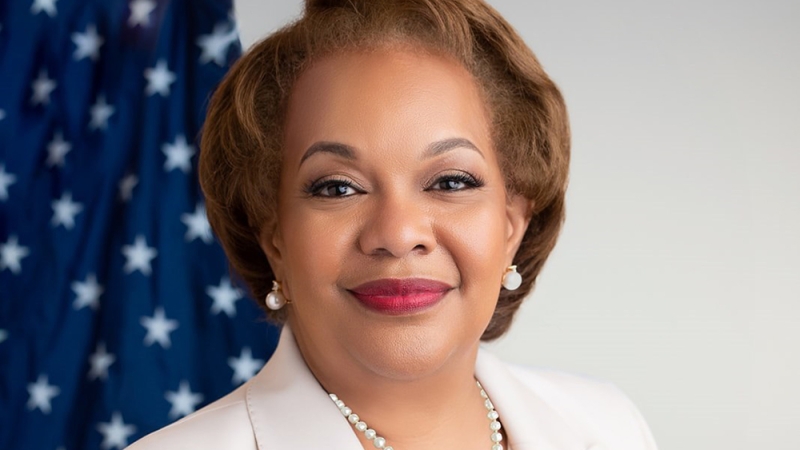
New York Federal Reserve Reveals Worrying Consumer Expectations for August 2023

Inflation expectations see minor fluctuations, while concerns about job security and household finance intensify.
While short- and long-term inflation expectations have risen marginally, medium expectations have dipped, according to the Federal Reserve Bank of New York's Center for Microeconomic Data.
The August survey found that median one- and five-year-ahead inflation predictions rose by 0.1 percentage points to 3.6% and 3%, respectively, and medium-term expectations dipped by the same margin to 2.8%. Disagreement among respondents about the future inflation rate expanded for one-year predictions and contracted for three- and five-year forecasts.
Significantly, the median expectation for home price growth surged to 3.1%, marking its highest since July 2022. Younger respondents, those under 60, and those with a high school education or less expressed this belief most strongly. Other commodities such as gas, food, medical care, college education, and rent are also expected to see price hikes, raising concerns about everyday affordability.
Households appear pessimistic about their financial future. The expected household income growth declined to its lowest in over a year at 2.9%, with high-school-educated respondents feeling the most pessimistic. The perception that obtaining credit has become more difficult than last year reached a record high in the survey's history.
Moreover, household sentiment about their current financial health compared to a year ago has worsened. Future prospects also seem bleak, with a higher number of households anticipating their financial situation to deteriorate in the coming year.
The survey painted a mixed picture of the job market. On the one hand, expected earnings growth inched up to 2.9%. On the other, Americans now see a higher chance of job loss in the upcoming year – the perceived risk hit 13.8%, a number not seen since April 2021. This anxiety was most pronounced among those earning under $50,000 annually and those with just a high school diploma. Conversely, the likelihood of finding a new job, if laid off, dipped slightly to 55.7%.
Consumers expressed diminished confidence in the stock market in the broader economic landscape, with the average expectation of U.S. stock prices being higher a year from now dropping to 35.2%.
The Federal Reserve Bank of New York's findings suggest that while the U.S. economy may be on an upward trajectory in certain sectors, the average American's financial optimism and job security have been shaken.



